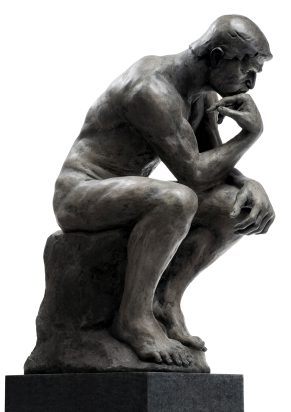 Ayn Rand was a most provocative and radical thinker, whom many leading Americans have claimed influenced their political and economic views.
Ayn Rand was a most provocative and radical thinker, whom many leading Americans have claimed influenced their political and economic views.
Ayn Rand’s objectivist ethics frames morality in terms of rational self-interest or rational selfishness (Ayn Rand, The Virtue of Selfishness, Signet, 1964, p. xi). Among other things, she confronted altruism and hedonism (The Virtue of Selfishness, 33). Her interview with Mike Wallace reveals her convictions in precise and startling terms. Whether one agrees with her or not, one finds here a clear and creative communicator whose ideas must be taken quite seriously. As she makes clear in her interview with Wallace, she challenges what she takes to be the foundation (altruism) of Judeo-Christian ethics.
In my estimation, her ethical model of objectivism depends upon the ability and imperative of reasoning apart from emotional or experiential stimuli that otherwise impact rationality and upon a view of the self as autonomous. Can one reason in this pristine manner, and should one? And should one view the self as autonomous? If one answers in the affirmative, one would likely tend to affirm Rand’s objectivism as sufficiently rational and self-affirming. I don’t answer in the affirmative to either of these claims, and will discuss these matters further in future entries on the subject.
This piece is cross-posted at The Institute for the Theology of Culture: New Wine, New Wineskins and at The Christian Post.












